People with disabilities and loneliness
People with disabilities and chronic health challenges face an array of social and structural barriers to social inclusion and participation. Keep scrolling to read key resources on loneliness among people with disabilities.
Akexabdra et al. (2018)
Literature Review
Loneliness in people with intellectual and developmental disorders across the lifespan: A systematic review of prevalence and interventions
Primary finding: The systematic review evidenced that loneliness is a common experience in people with IDD and there is a need to extend current research. Five prevalence studies met the inclusion criteria and provided an average loneliness prevalence of 44.74%.
McVey et al. (2016)
Program Evaluation
A Replication and Extension of the PEERS® for Young Adults Social Skills Intervention: Examining Effects on Social Skills and Social Anxiety in Young Adults with Autism Spectrum DisorderResults from Jurisdictional Scan of BC Municipalities
Primary finding: PEERS — an intervention for young adults — increases social responsiveness empathy, interactiveness, and reduces social anxiety.
Kwan (2020)
Literature Review
Effects of Social Isolation and Loneliness in Children with Neurodevelopmental Disabilities: A Scoping Review
Primary finding: This review of 12 studies showed that loneliness among children with neurodevelopmental disabilities was associated with negative consequences on mental health, behaviour, and psychosocial/emotional development, with a likely long-term impact in adulthood. Lack of research in this area suggests that loneliness is not yet considered a problem in children with neurodevelopmental disabilities. More studies are warranted using prospective designs and a larger sample size with a focus on the dynamic aspect of loneliness development.
Kwan (2013)
Literature Review
Social inclusion and community participation of individuals with intellectual/developmental disabilities
Primary finding: As more individuals with intellectual/developmental disabilities are physically included in community life, in schools, neighborhoods, jobs, recreation, and congregations, the challenge of going beyond physical inclusion to true social inclusion becomes more apparent. This article summarizes the status of the research about community participation and social inclusion, summarizes some debates and points of contention, notes emerging research issues, and highlights needed areas of research. It is clear that most research on these topics has been conducted with individuals who are in paid formal services, and there are great needs for understanding the community participation of individuals who live on their own or with their families, as well as researching social inclusion by focusing on the attitudes and experiences of community members themselves, not just individuals with disabilities and paid providers.
Donaldson et al. (2018)
Literature Review
Relationships, Friendships, and Successful Social Communication: Addressing Disability
Primary finding: Children with autism may perceive friendship in a qualitatively different manner than their neurotypical peers. Yet, these friendships have been reported as satisfying to the child with autism spectrum disorder (ASD). Although many studies have identified lower quality of friendship in ASD, reduced reciprocity, and increased loneliness and depression, perhaps it is time to take a closer look at the perspective of autistic individuals and to identify how the broader community influences development of relationships and friendship. The World Health Organization's International Classification of Functioning framework aligns well with a social model of disability lens, which states that although individuals may be challenged by their health impairment, disability is created by barriers to access, agency, and independence in society. This article discusses how clinicians might examine ways to address disability within the home, school, and community to create opportunities for relationship and friendship development, while considering the definition of friendship from multiple perspectives.
